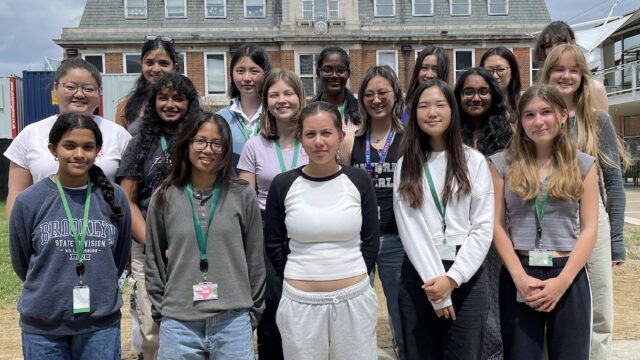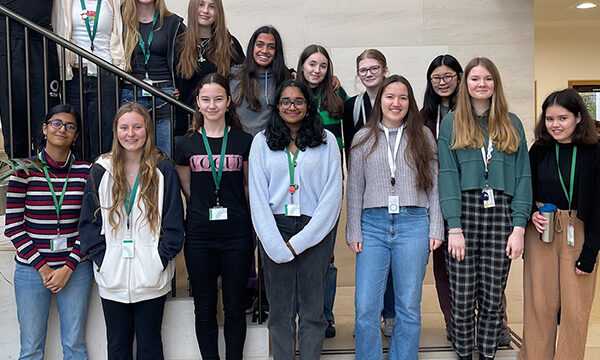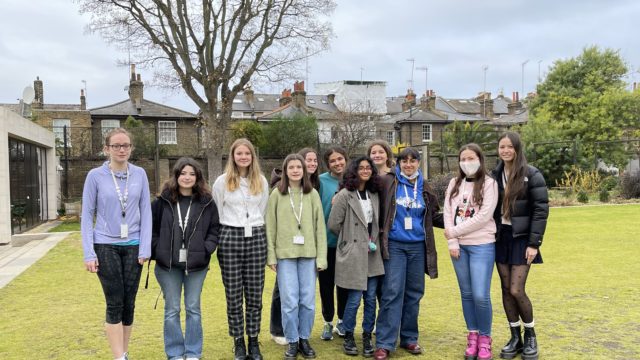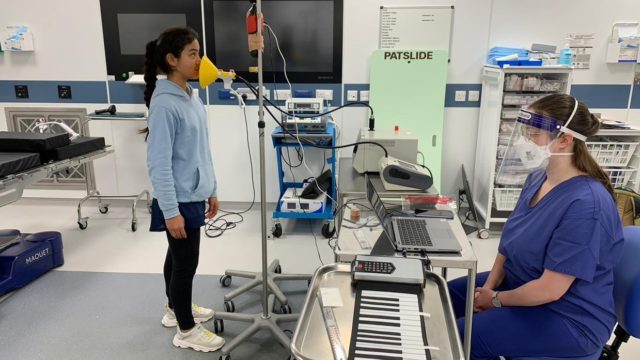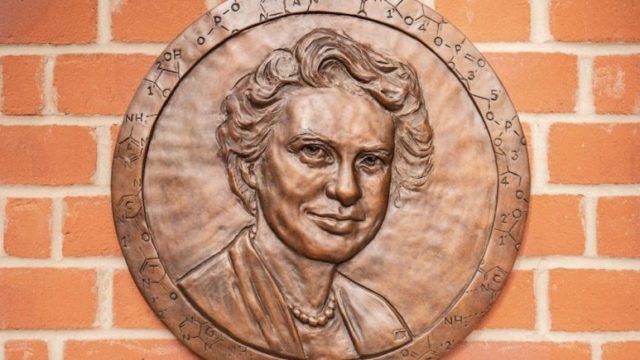Biology
Biology is a rapidly developing science which is having and will continue to have far reaching ramifications for the world and society. Our department comprises six members of teaching staff, two full-time technicians and is well resourced with a plethora of practical equipment and stimulus material, including a hippopotamus skull, a preserved human brain, a stuffed platypus and an eight foot model of the DNA double helix.
Lower School
Is there such a thing as ‘good bacteria’?
Why does bread taste sweet after chewing?
In the UIV (Year 8), students follow a tailored biology course which not only bridges the gap between the general science studies in the MIV (Year 7) and their IGCSE course, but also nurtures their growing curiosity. Their ability to work independently is fostered by a strong emphasis on practical work and activities ranging from testing the efficacy of biological washing powder to establishing the area of the lab that harbours most microorganisms.
Middle School
How do tumours develop?
Can spinal cord damage be repaired?
Students in the LV (Year 9) start the Edexcel IGCSE specification. This course provides students with the opportunity to learn about and engage in discussion on exciting contemporary developments, such as screening for genetic disorders and the ethics of stem cell therapy. Discovery through practical work is at the heart of teaching and learning.
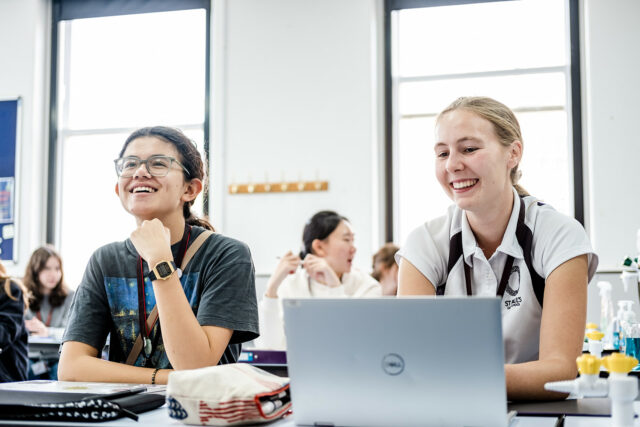
Senior School
Can a chimpanzee be taught to speak with sign language?
Are humans still evolving?
Biology is a popular subject in the Senior School, with around 75 students in our VII and VIII (Years 12 and 13) classes. Students study the OCR A level specification. Practical activities include analysing DNA from a ‘crime scene’, genetically engineering glow-in-the-dark bacteria and going on a field trip to Pembrokeshire at the end of the VII (Year 12). A large number of students go on to biology related degrees, such as medicine, biochemistry and natural sciences. In both years, students have two teachers covering different aspects of the syllabus, with a carefully balanced combination of personalised support and independent research.
Beyond the classroom
Have you ever wondered what the inside of a snake looks like?
Can genes be switched on and off?
The department provides opportunity for students to run a number of extracurricular activities, such as dissecting a sheep’s head, painting with maggots, learning about the physiology of a race horse or listening to medical experts discussing a variety of cases. We have a newly flourishing Plant Club, which tends to all the plants in the department, as well as designing and building their own vegetable and herb plot. We have a one day fieldtrip to Kew Gardens in the V (Year 10) and a residential fieldtrip to Pembrokeshire in the VII (Year 12).
We also have a large number of students participating in the Biology Challenge and the British Biology Olympiad each year. A smaller number of our senior students write essays for competitions such as the ZSL Prince Philip Award and Marsh Prize, the Peterhouse Kelvin Science Prize and the Corpus Christi Schools Science Prize. Our Senior Scholarship entrants have recently included essays on a variety of topics including construction of an artificial uterus, the neuroscience of pain and the development of chemotherapy drugs from plants.
For more information on science beyond the classroom, please click here.
